SUMMARY
This is AI generated summarization, which may have errors. For context, always refer to the full article.
- Interpol alert triggers tight security
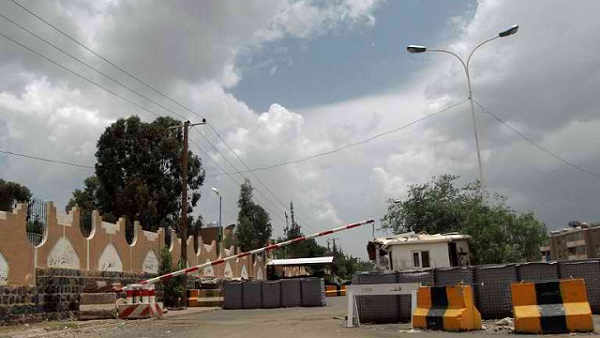
A global security alert issued by Interpol on August 3, following Al-Qaeda-linked jailbreaks in 9 countries, has prompted Western governments to close certain embassies worldwide. Washington shut down its embassies in the Islamic world, while Germany, Britain and France were to close their missions in Yemen for at least two days. The Philippine government said it was “intensifying intelligence gathering” and heightening security measures against possible targets in the country.
The global police agency said the jailbreaks had “led to the escape of hundreds of terrorists and other criminals” in the past month alone. In Washington, briefed members of Congress called the intelligence reporting among the most serious they’ve seen in recent years.
Read the full story on Rappler,
Read the full story on the Philippine alert here. - New Zealand dairy giant issues global botulism alert

New Zealand has warned international health authorities of exported dairy products, including infant formula, containing a bacteria that could lead to botulism — a potentially fatal illness. The government said the contaminated whey protein concentrate, or products using this ingredient, had been exported to Australia, China, Malaysia, Saudi Arabia, Thailand and Vietnam. New Zealand Prime Minister John Key accused the dairy giant Fonterra of delaying in sounding the alarm, as investors sent the company’s shares tumbling. Key said he was concerned at the impact on farm-reliant New Zealand’s reputation as a supplier of “clean, green” dairy products.
Read the full story on Rappler. - Over 300 killed in 12 years
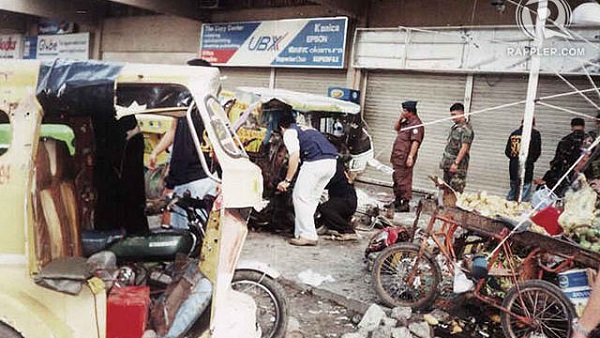
The powerful blast in Cagayan De Oro on July 26 was one of the deadliest of bloody bombing attacks in Mindanao in more than two years. Eight people were killed (6 of them on the spot) when a still undetermined explosive device tore through a bar in Limketkai Center more than a week ago, on a Friday night. Beyond Cagayan de Oro, hub of trade and commerce in Northern Mindanao, other cities and regions across the island have gone through worse agonies. But it is not in war-torn regions where most of the deadliest bombing attacks occurred from 2000 to 2012. It is in Region 12 or Soccsksargen, where you find the cities of General Santos, Cotabato, Kidapawan, Koronadal, and Tacurong, and the provinces of South Cotabato, Cotabato, and Sultan Kudarat, and Sarangani, based on data from Human Rights Watch, media and wikipedia. The 61 recorded bombing incidents in Mindanao have claimed the lives of at least 354 civilians and a handful of military and police personnel from 2000 to 2012. More than 1,775 were also wounded in these attacks.
Read the full story on Rappler. - South Korea losing patience with North
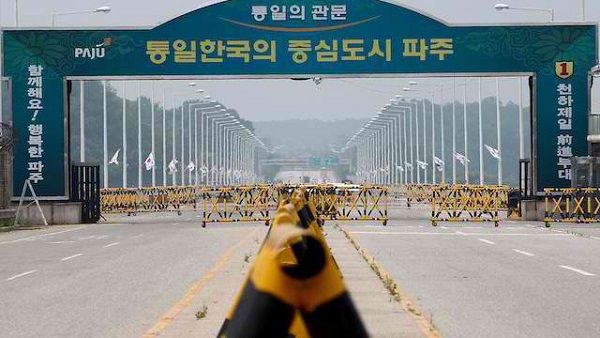
South Korea has warned the North it was “reaching the limit” of its patience over stalled talks to revive a joint industrial complex once seen as a rare symbol of cooperation between the rivals. Six rounds of cross-border meetings aimed at restarting the venture, a key source of hard currency for the North Korea’s communist regime, produced little progress as each side squabbled over who would take responsibility for the shutdown. South Korea proposed “final” talks on the Kaesong industrial zone, which has remained closed since early April following military tensions. The most recent meeting on July 25 ended in acrimony with no date set for the next talks and Pyongyang officials accusing Seoul counterparts of being “arrogant.”
Read the full story on Rappler. - PH airport workers leave for greener pastures
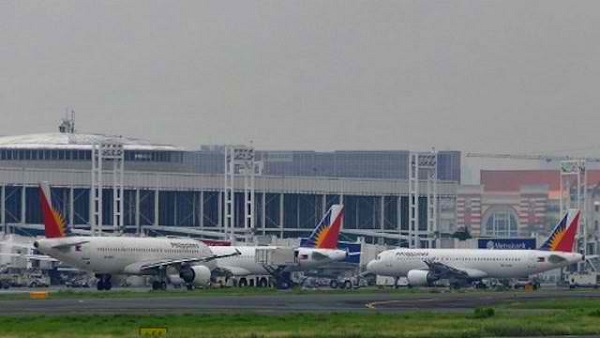
Like the government’s weathermen, Philippine air traffic controllers, pilots, and professional aerobridge operators are leaving their posts, lured by high salaries offered by the emerging Middle East airports. They are not licensed like air controllers or pilots, but they get their expertise through years of training from fellow airport employees. Members of the Airline Operators Council fear that with the exodus of these highly qualified workers, the Ninoy Aquino International Airport (NAIA) would soon lack specialists to manage the increasing number of local and foreign airlines arriving at Manila’s airport. At least 8 aerobridge professionals have so far left the NAIA recently.
Read the full story on Rappler. - Challenges for PH after loss to Chinese Taipei

It’s a heartbreaking loss that poses serious challenges to the Philippine team this week. Gilas Pilipinas looked headed for an impressive win on August 3, but withered in the final quarter to fall to Chinese Taipei, 79-84, in the 2013 FIBA Asia Championships. The Philippines led, 68-55, after 3 periods, before Chinese Taipei rallied to take the lead off a basket by Tseng Wen-Ting with 4:10 remaining, completing a 19-4 run that caught Gilas off guard. This gives the Philippines 2 wins and one loss. It will play against Japan Monday night, August 5, a must-win for the team.
Check out the FIBA rankings here.
Read a post-game analysis on Rappler. - US overturns Apple ban; Samsung upset
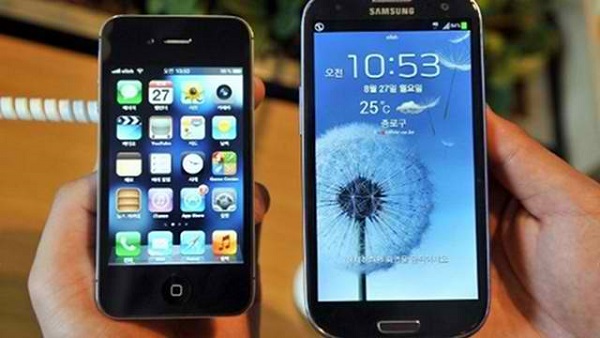
The White House stepped into a patent war between Apple and Samsung on August 3 by overturning a decision that banned the sale of certain iPads and iPhones in the United States. US Trade Representative Michael Froman announced the rare move — a blow to South Korean Samsung — saying in a letter he had decided to “disapprove” the exclusion order by the US International Trade Commission. It is the first time since 1987 that a US administration had vetoed a product ban ordered by the trade panel and comes amid a bitter legal battle between California-based Apple and South Korean competitor Samsung. Apple welcomed the move while Samsung slammed it.
Read the full story on Rappler. - WSJ Chinese version blocked in China

Access to the Wall Street Journal’s Chinese-language edition has been cut off in China, where official censors routinely delete online content deemed sensitive but less often block entire websites. Only the local version of the US newspaper, and not the English-language website, was unavailable. It was unclear why this occurred or whether it was intentional. The Journal’s Chinese-language site has had certain articles blocked since it was launched in 2002, but rarely the whole site. The ruling Communist Party — highly sensitive to social unrest that might challenge its authority — tightly controls the Internet and news media. It employs a so-called Great Firewall to filter content from abroad, and a huge staff rapidly to delete offending articles and microblog posts.
Read the full story on Rappler. - A Filipino in every continent
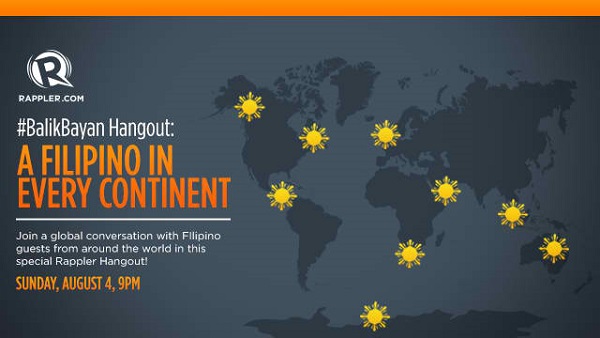
On August 4, Rappler brought together one Filipino from every continent in a special Rappler Hangout to launch #BalikBayan, a project that aims to harness and engage Filipinos all over the world to collectively rediscover and redefine Filipino identity. Among those who joined were Rica Facundo from Singapore, a global assistant brand manager for Pond’s in Unilever Singapore; Daniel Rupinta from San Jose, Costa Rica, a senior vice president of Citibank Service Center, Latin America; Rachelle Peraz Ocampo from New York City, president of United Pilipinos for Progress (UniPro) and a health educator; and Bajeng Cruz from Durban Area, South Africa, a Marketing Manager at Unilever South Africa. How different are Filipinos away from their homeland from those who are left behind? What’s it like for Filipinos who have started a new life abroad? What has changed? What stays the same?
Watch the Rappler hangout here. - Winners in 2013 Cinemalaya filmfest

“Transit,” “Ekstra” and “Sa Wakas” were among the winners in this year’s Cinemalaya Independent Film Festival held on August 4, at the Cultural Center of the Philippines. The festival, which opened on July 26, featured provocative stories that made this year’s Cinemalaya quite a departure from the advocacy cinema that has been associated with this festival in the past. Among the themes were: sex and taboo in the time of colonialism; sex and deception on cyberspace; a compromising footage gone viral. “Transit” tackles the Filipino diaspora, set in Tel Aviv, while “Ekstra” features veteran actress Vilma Santos.
Read the list of winners here.
Add a comment
How does this make you feel?
There are no comments yet. Add your comment to start the conversation.